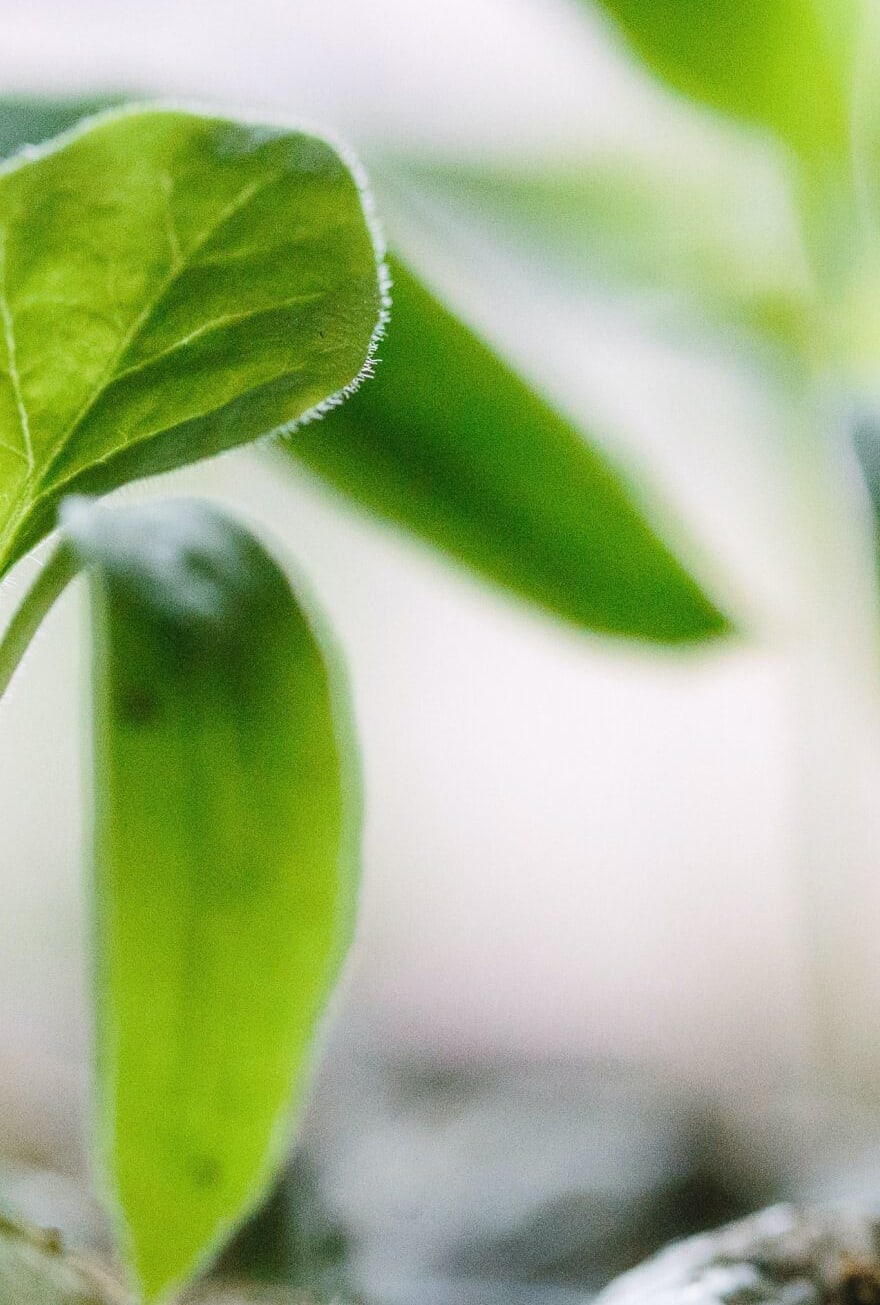Knowde Enhanced TDS
Identification & Functionality
- Chemical Family
- Polymer Name
- Plastics & Elastomers Functions
- Technologies
Features & Benefits
- Labeling Claims
- Materials Features
- Processing Considerations
- BC 27130 is generally used for monolayer films and is designed to be used on existing equipment with a few adjustments.
- Films made with NuPlastiQ are more sensitive to processing conditions such as temperature profile, residence time, die gap, and blow-up ratio. See the NuPlastiQ/PBAT Film Processing Guide for additional information.
- A typical recommended temperature profile will be in the 130°C – 165°C range.
- Depending on equipment, process conditions, and residence time, as temperatures increase in this range the glycerin plasticizer may experience some volatilization. This may cause a slight odor and/or smoke and is expected under normal processing conditions. Always use proper ventilation. See the BioBlend® BC 27130 SDS for details.
- Melt temperatures above 175°C may cause material degradation, lensing, and fish-eyes in the film.
- If extruder operation much be stopped temporarily, it is recommended to purge the material in the barrel before resuming film processing or material degradation will occur.
Applications & Uses
- Applications
- Compatible Polymers & Resins
- Plastics & Elastomers End Uses
- Plastics & Elastomers Processing Methods
- Applications
- BioBlend® BC 27130 is intended for agricultural mulch film.
- Used for products that require biodegradation or are intended for compost environments.
Properties
- Mechanical Properties
- Physical Properties
- Thermal Properties
- Typical Properties
- Film Properties
- Flexural Properties
- Notes
- Moisture content was measured with an infrared moisture analyzer at 105°C for 10 minutes.
- Mechanical properties were measured on injection molded parts made directly from 100% BC 27130.
- The reported film properties are for a monolayer blown film. The thickness was 1.0 mil, and the blow-up ratio was 2.5:1.
- These values are typical properties only and should not be used for specification purposes. End users should confirm results with their own tests.
| Value | Units | Test Method / Conditions | |
| Tensile Strength at Break | 13 | MPa | ASTM D638 |
| Tensile Elongation at Break | 1050 | % | ASTM D638 |
| Tensile Secant Modulus (at 1%) | 94 | MPa | ASTM D638 |
| Value | Units | Test Method / Conditions | |
| Density (1) | 1.3 | g/cm3 | ASTM D792 |
| Value | Units | Test Method / Conditions | |
| Melting Temperature Range | 130 | °C | ASTM D3418 |
| Glass Temperature Range | 81 - 100 | °C | ASTM D3418 |
| Melt Flow Index (2) | 4.0 - 7.0 | g/10 min (190 °C/10 kg) | ASTM D1238 |
| Value | Units | Test Method / Conditions | |
| Moisture Content | approx. 0.5 | % | ASTM D6980 |
| Value | Units | Test Method / Conditions | |
| Dart Drop Test (3) | 250 | g | ASTM D1709 |
| Elmendorf Tear MD (3) | 580 | g | ASTM D1922 |
| Elmendorf Tear TD (3) | 730 | g | ASTM D1922 |
| Elongation at Break MD (3) | 670 | % | ASTM D882 |
| Elongation at Break TD (3) | 650 | % | ASTM D882 |
| Tensile Strength MD (3) | 26 | psi | ASTM D882 |
| Tensile Strength TD (3) | 23 | psi | ASTM D882 |
| Value | Units | Test Method / Conditions | |
| Flexural Modulus | 132 | MPa | ASTM D790 |
Regulatory & Compliance
- Certifications & Compliance
- Chemical Inventories
Packaging & Availability
- Country Availability
- Packaging Type
- Regional Availability

